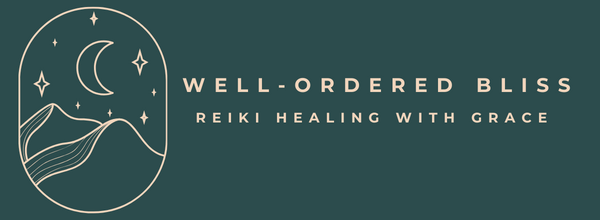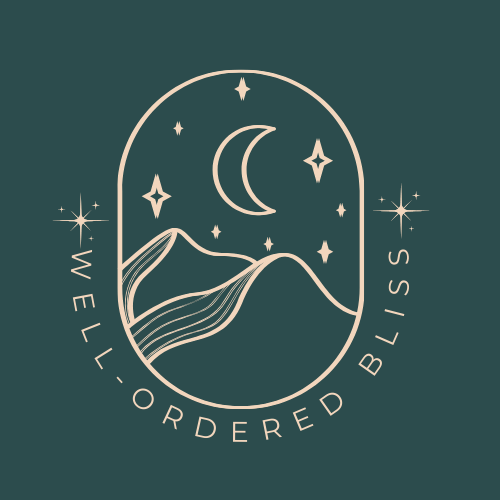Just for today, do not worry…
Just for today, do not anger…
Honor your parents, teachers and elders…
Earn your living honestly…
Show gratitude for every living thing…
These are the 5 principles of Reiki. They were written as a guide for how to lead our daily lives, in our quest for healing and happiness.
“Reiki” (ray-key) is Japanese for “universal life energy”, and is also a word used to describe a system of natural healing.
This tradition was founded by Japanese monk Mikao Usui in the early 20th century and evolved as a result of his research, experience and dedication.
We live in a world of energy that nourishes and maintains all living things. When this energy flows uninterrupted, there is balance and harmony within and around us, and we experience a sense of well being.
In today’s hectic and often chaotic lifestyle, many seek holistic approaches to health and well-being beyond conventional medicine. One such practice gaining popularity is Reiki, a form of energy healing that taps into the universal life force energy to promote healing and balance.
There are many variations of Reiki, but in essence, Reiki treatments can help the body emotionally, physically and spiritually. It is a tradition that is open to any belief system.
Reiki is a process that anyone can enjoy in the normal course of their life. Reiki can be used alongside other conventional or complementary treatments and often helps to provide emotional support during recovery.
The practice is taught by Reiki masters / teachers who have trained in the tradition passed on in person from master to student, known as lineage.








